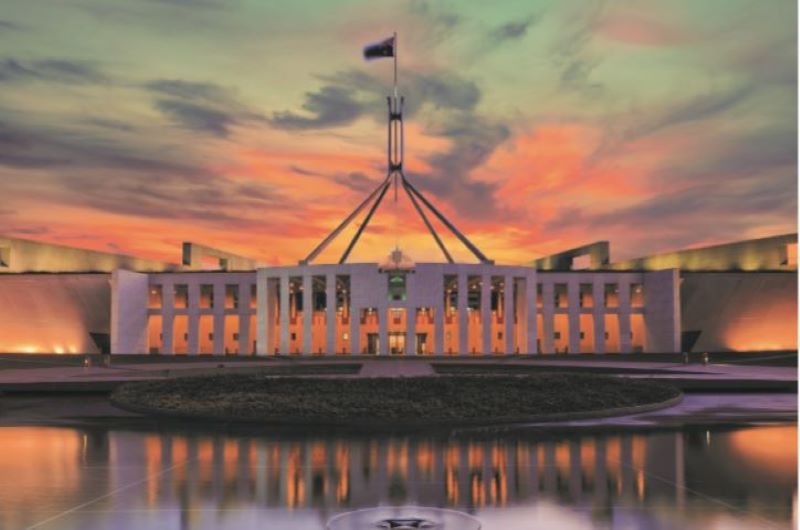Equipping professional accountants for sustainability
The International Federation of Accountants has developed a concise resource to guide accounting professionals and...
READ MORE
The Treasury Laws Amendment (2019 Tax Integrity and Other Measures No. 1) Bill 2019 has been passed through Parliament, introducing a number of changes impacting businesses and individuals.

A range of measures have now been passed as part of the Treasury Laws Amendment Bill 2019, which is currently awaiting royal assent.
Tax debt reporting regime
Among them is one allowing the ATO to disclose the business tax debt information of a taxpayer to credit reporting bureaus under certain circumstances.
Businesses with a debt of at least $100,000, that has been overdue by more than 90 days, could have their tax debt information reported.
Tax debt is defined to include income tax debts, activity statement debts, superannuation debts, fringe benefits tax debts, and penalties and interest charges.
Commenting on the new regime, Tony Greco, general manager of technical policy at the Institute of Public Accountants (IPA), said that while the IPA supports the underlying motivation, it would have liked to see more safeguards.
“The consequences for a taxpayer of having their tax debt information disclosed to CRBs can potentially be very serious,” Mr Greco said.
“For example, such information could lead to difficulty accessing finance, which could have broader ramifications for the business.”
He however acknowledged that the tax debt disclosure is aimed “at ensuring that those failing to pay their tax debts on time are deprived of any advantages they might have over those complying with their tax obligations on a timely basis”.
Salary sacrifice integrity
The Treasury Laws Amendment Bill 2019 also closes a loophole to ensure that an individual’s salary sacrifice contributions cannot be used to reduce an employer’s minimum superannuation guarantee contributions.
Mr Greco noted that while the IPA supports the amendment, it recommends that the loophole be closed effective from the start of this financial year, namely 1 July 2019, instead of applying from 1 July 2020.
“Given the delay experienced to date in getting this loophole rectified, it warrants a retrospective start date to stop the legalised theft of superannuation from employees who are salary sacrificing super contributions," he explained.
"Some of the other changes in this bill have a 1 July 2019 start date. It is pleasing that the Senate have agreed to move the start date forward to 1 January 2020."
Vacant land
Another part of the bill limits tax deductions for losses or outgoings incurred that relate to holding vacant land.
The intent of this policy was to target taxpayers that have been claiming deductions for costs associated with holding vacant land when it is not genuinely held for the purpose of gaining or producing assessable income.
Amendments have subsequently been made ensure that a deduction will still be available for land used by an unrelated third party on arm’s length commercial terms in carrying on a business.